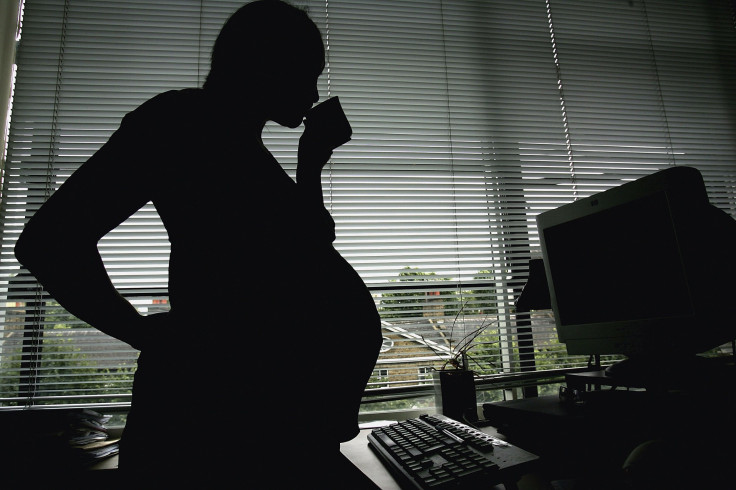Light Drinking During Pregnancy May Not Affect Baby's Health, Study Finds

Pregnant women are often anxious about drinking alcohol, however, experts in a new study have suggested that light drinking or consuming small amounts of alcohol during pregnancy does not prove to be harmful to the unborn baby.
According to the researchers, there is “surprisingly limited” evidence that light drinking during pregnancy harms the baby. The research review, published Monday in BMJ Open journal, was carried out by the experts from the Medical Research Council’s Integrative Epidemiology Unit at the University of Bristol, the university’s School of Social and Community Medicine, and University Hospitals Bristol NHS Foundation Trust.
The researchers found very little evidence that small amount of drinking alcohol during pregnancy caused harm to babies, including birth defects, developmental delay, behavioral problems and impaired intelligence. However, the study also stressed that there was very less research available on how much alcohol a pregnant woman could drink without posing a threat to her unborn baby.
But the study also cautioned that a lack of evidence should not mean that women can indulge in binge drinking or consume high amounts of alcohol. So the researchers, in their review, have recommended pregnant women to not consume alcohol as a “precautionary” measure.
The researchers conducted a systematic review and analysis of 5,000 studies published between 1950 and July 2016 based on low alcohol consumption and pregnancy. They examined the studies, which involved drinking up to four units (32 grams in the United States) of alcohol per week, compared to not drinking at all. They also looked at the impact of light drinking of two units up to twice a week. Out of the thousands of studies that they looked into, only 24 met the researchers' criteria for review.
The review specifically looked particularly at complications related to pregnancy and birth characteristics, such as premature birth, miscarriage, and undersized babies, and also longer term issues, such as the developmental delays, impaired intellect, among others.
The review underlined that drinking four units of alcohol a week was associated with a 10 percent increase in the risk of premature birth. It also found that drinking up to 32g a week while pregnant was linked to eight percent higher risk of having a smaller baby, as compared to no drinking at all.
Senior Research Associate Dr. Loubaba Mamluk said: "In conclusion, we found limited evidence for a causal role of light drinking in pregnancy, compared with abstaining, on most of the outcomes examined."
"Despite the distinction between light drinking and abstinence being the point of most tension and confusion for health professionals and pregnant women and contributing to inconsistent guidance and advice now and in the past, our extensive review shows that this specific question is not being researched thoroughly enough, if at all," Mamluk added.
"In addition, there has been no evidence regarding possible benefits of light alcohol consumption versus abstinence. Formulating guidance on the basis of the current evidence is challenging," she said, according to the New York Post.
"However, describing the paucity of current research and explaining that ‘absence of evidence is not evidence of absence,’ appears warranted. Women who have had a drink while pregnant should be reassured that they are unlikely to have caused their baby considerable harm, but if worried, they should discuss this with their GP or midwife," she observed.
Drinking during pregnancy remains an issue of great concern as almost 80 percent of moms-to-be in the United Kingdom, Ireland, New Zealand and Australia drink some amount of alcohol during their pregnancy.
Meanwhile, according to the Centers for Disease Control and Prevention, drinking alcohol during pregnancy can cause miscarriage, stillbirth, and other health issues. In 2016, a CDCP report stated fetal alcohol spectrum disorders (FASDs) characterized by lifelong physical, behavioral, and intellectual disabilities are completely preventable if a woman does not drink alcohol while pregnant.
© Copyright IBTimes 2024. All rights reserved.












